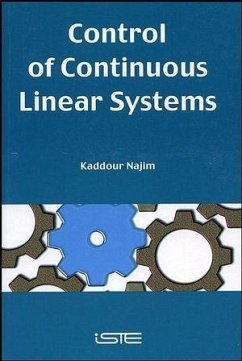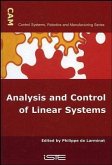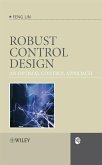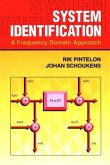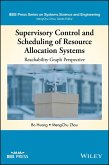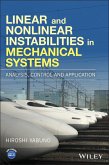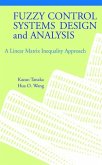This book contains more than 150 problems and solutions on the control of linear continuous systems. The main definitions and theoretical tools are summarized at the beginning of each chapter, after which the reader is guided through the problems and how to solve them. The author provides coverage of the ideas behind the developments of the main PID tuning techniques, as well as presenting the proof of the Routh-Hurwitz stability criterion and giving some new results dealing with the design of root locus.
Dieser Download kann aus rechtlichen Gründen nur mit Rechnungsadresse in A, B, BG, CY, CZ, D, DK, EW, E, FIN, F, GR, HR, H, IRL, I, LT, L, LR, M, NL, PL, P, R, S, SLO, SK ausgeliefert werden.

